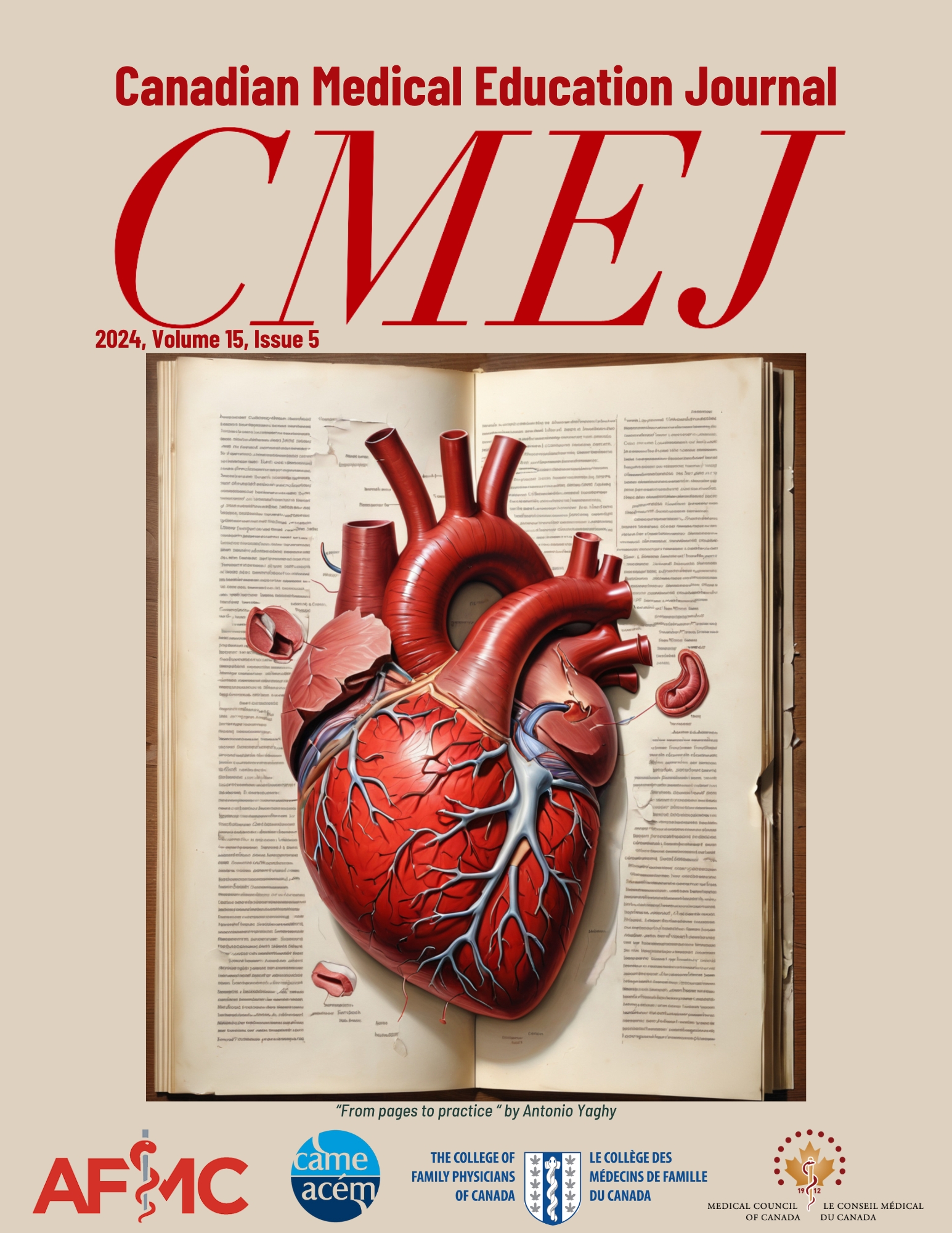Six ways to get a grip on developing reflexivity statements
DOI:
https://doi.org/10.36834/cmej.78824Abstract
Qualitative researchers have underscored the value and importance of being reflexive in the research process, yet existing guidelines or checklists on how to practically address reflexivity are often scant and scattered across studies. In this scholarly perspective, we review, analyse, and present an overview of conceptions of reflexivity. Further, we offer practical guidelines for addressing and developing reflexivity statements in qualitative research. We describe reflexivity as both a concept and a deliberate ongoing process that requires a certain level of researcher consciousness, reflection, introspection, self-awareness, and an analytic attention to the researcher's role in the research process at all stages. We highlight the notion that reflexivity offers researchers an opportunity to examine potential assumptions, through the continuous process of questioning, examining, accepting, and articulating our attitudes, assumptions, perspectives, and roles. We present six recommendations to promote dialogue on the practice of reflexivity among researchers from various ontological and epistemological communities and encourage them to develop their own reflexivity practices.
Metrics
References
Palaganas E, Sanchez M, Molintas M, Cariicativo R. Reflexivity in qualitative research: a journey of learning. The Qualitatiiive Report. 2017;22(2):426-438. https://doi.org/10.46743/2160-3715/2017.2552
Reid AM, Brown JM, Smith JM, Cope AC, Jamieson S. Ethical dilemmas and reflexivity in qualitative research. Perspect Med Educ. Apr 2018;7(2):69-75. https://doi.org/10.1007/S40037-018-0412-2
Olmos-Vega FM, Stalmeijer RE, Varpio L, Kahlke R. A practical guide to reflexivity in qualitative research: AMEE Guide No. 149. Med Teach. Apr 7 2022:1-11. https://doi.org/10.1080/0142159X.2022.2057287
Berger R. Now I see it, now I don't: researcher's position and reflexivity in qualitative research. Qual Res. 2015;15(2):219-234. https://doi.org/10.1177/1468794112468475
Ramani S, Könings KD, Mann K, van der Vleuten CPM. A Guide to Reflexivity for Qualitative Researchers in Education. Acad Med. 2018;93(8):1257. https://doi.org/10.1097/ACM.0000000000002263
Barrett A, Kajamaa A, Johnston J. How to ... be reflexive when conducting qualitative research. Clin Teach. 2020;17:9-12. https://doi.org/10.1111/tct.13133
Ng SL, Wright SR, Kuper A. The divergence and convergence of critical reflection and critical reflexivity: implications for health professions education. Acad Med. Aug 2019;94(8):1122-1128. https://doi.org/10.1097/ACM.0000000000002724
Tremblay M-C, Garceau L, Diouf NT, et al. Improving understanding of reflexivity in family medicine: development of an educational tool based on a rapid review. MedEdPublish. 2021;10(181):181. https://doi.org/10.15694/mep.2021.000181.1
Smith EB, Luke MM. A call for radical reflexivity in counseling qualitative research. counselor education and supervision. 2021;60(2):164-172. https://doi.org/10.1002/ceas.12201
Denzin N. K., Lincoln Y. S. The SAGE handbook of qualitative research (4th ed.). Thousand Oaks, CA: Sage; 2011
Downloads
Published
Versions
- 2024-11-12 (2)
- 2024-10-15 (1)
How to Cite
Issue
Section
License
Copyright (c) 2023 Heather Braund, Jennifer Turnnidge, Nicholas Cofie, Oluwatoyosi Kuforiji, Sarah Greco, Amber Hastings-Truelove, Shannon Hill, Nancy Dalgarno

This work is licensed under a Creative Commons Attribution-NonCommercial-NoDerivatives 4.0 International License.
Submission of an original manuscript to the Canadian Medical Education Journal will be taken to mean that it represents original work not previously published, that it is not being considered elsewhere for publication. If accepted for publication, it will be published online and it will not be published elsewhere in the same form, for commercial purposes, in any language, without the consent of the publisher.
Authors who publish in the Canadian Medical Education Journal agree to release their articles under the Creative Commons Attribution-Noncommercial-No Derivative Works 4.0 Canada Licence. This licence allows anyone to copy and distribute the article for non-commercial purposes provided that appropriate attribution is given. For details of the rights an author grants users of their work, please see the licence summary and the full licence.










